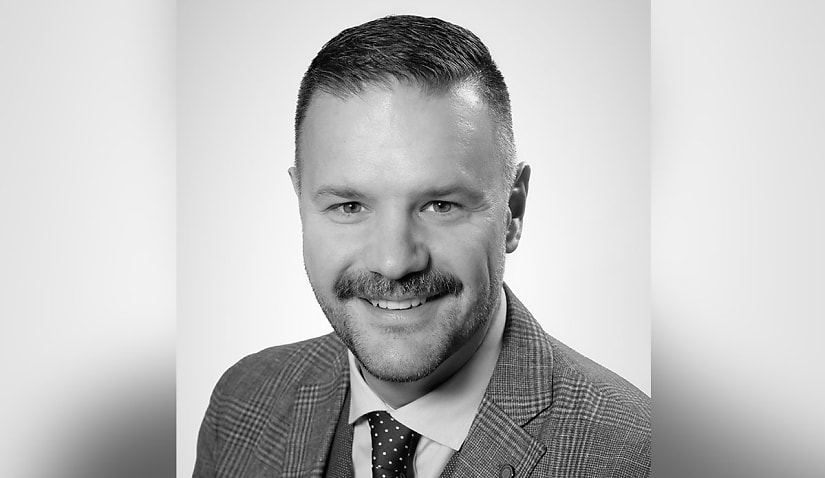Most lawyers follow a predictable trajectory: law school, a top-tier firm, and a steady climb up the corporate ladder. Igor Radonjić has done all that – and then taken a surprising detour into the lesser-known, yet fascinating, in-house work in a faith-based institution.

Speaking on a recent episode of The Corporate Counsel Show, Igor Radonjić, a general counsel for the Seventh-day Adventist Church, discussed his journey into the unique and often overlooked role of a church lawyer and offered insights into what his day-to-day responsibilities look like.
Radonjić described the early stages of his career as following the “traditional path” most lawyers take when starting out.
“I started, I suppose, for me, was almost like a traditional career path where I went to law school, became a judge’s associate in the Supreme Court and then went into a top-tier law firm to start my career as a corporate counsel,” he said.
After several years navigating the traditional corporate legal world and more than 17 years in the federal government, Radonjić’s career took an unexpected and intriguing turn into the niche world of church law.
“Although I did stick it out for a number of years, took a quick stint at the DPP in Queensland just for a bit of learning and change and then came back to the law firm and decided actually that I was interested more in public law,” he said.
“So [I] went and did the weird and wonderful world of federal government for 17 years, and then all of a sudden, there was an opportunity to join as an in-house counsel for the Seventh-day Adventist Church.”
Radonjić acknowledged that while exploring a career as a church lawyer was “not the job that I wanted”, he reflected, “I suppose, if I may be so bold and honest, was a call that I actually answered. I suppose God had other plans. As I say, God has a funny sense of humour.”
With opportunities to work as a church lawyer – or even in the field more broadly – being so scarce, he recalled first coming across the role in the church’s own newsletter.
“[It was] in our newsletter for the church, and I funnily forwarded it to a whole range of my Adventist friends who are lawyers, saying, hey guys, have a look [the] church is looking for an internal council,” he said.
“All of them returned their message saying ‘no, no, no, this is not a role for us; actually, you should apply’. I thought, goodness me, working for the church, never. It would be crazy. But after some time of reflection and prayer, and to be honest, I wasn’t looking for a position, I decided to apply.”
While some might assume the day-to-day life of a church lawyer is underwhelming compared to other areas of law, Radonjić stressed that it is anything but predictable, noting that no two days are ever the same.
“Sometimes chaotic because I will start off with a phone call, for example, from HR saying, hey, we need this. But then something else happens, and, for example, yesterday, I was redrafting an advanced studies assistance contract, then I got a phone call that there was an HR matter that they needed quickly to discuss,” he said.
“Then I went and did that, bumped into somebody from IT who actually then wanted advice on a particular commercial aspect of purchasing the software. And then a colleague from another institution rang me wanting a non-disclosure agreement because they are in partnership talks with another institution, et cetera, et cetera.”
For Radonjić, the real appeal of being a church lawyer lies in its unpredictability and the freedom to continually learn, rather than being boxed into one narrow area of practice.
“This is where the best part about my day is sometimes the chaotic unpredictability … and then on the other hand it is about just a variety to learn rather than being pigeonholed into a particular thing,” he said.